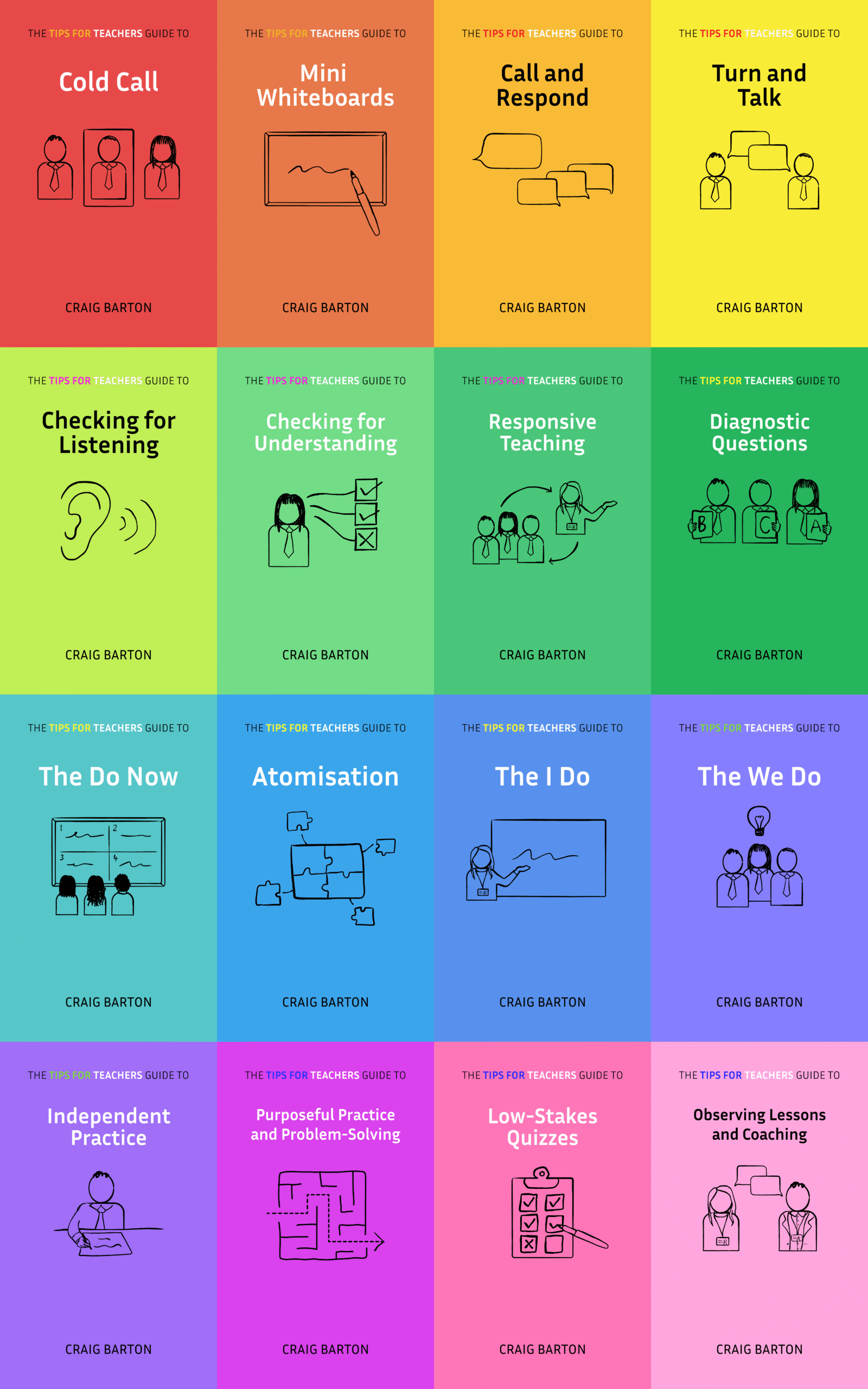
- Title: The Effects of Feedback Interventions on Performance: A Historical Review, a Meta-Analysis, and a Preliminary Feedback Intervention Theory
- Authors: Avraham N Kluger and Angelo S. DeNisi
- Access the original paper here
- Listen to a deep-dive podcast:
Paper summary
This comprehensive paper critically examines the widely held belief that feedback consistently improves performance. Through a historical review and a large-scale meta-analysis of over 600 studies, the authors demonstrate that feedback interventions (FIs) actually have variable effects, with over a third leading to decreased performance. To explain these inconsistencies, the authors propose a preliminary Feedback Intervention Theory (FIT), suggesting that FIs shift an individual’s focus of attention across different hierarchical levels of self-regulation: task learning, task motivation, and meta-task processes. The effectiveness of feedback, according to FIT, depends on where attention is directed, with attention closer to the task yielding better results and attention directed towards the self potentially hindering performance.
What are the key implications for teachers in the classroom?
The sources focus on a framework for teaching practice in professional Based on the information in the sources, there are several key implications for teachers in the classroom regarding the use of feedback interventions (FIs):
- FIs do not consistently improve student performance; they have variable effects, sometimes even decreasing performance. Teachers should be aware that providing feedback is not a guaranteed way to enhance learning and may, in some cases, be detrimental. The meta-analysis showed that over one-third of FIs decreased performance. This suggests that the assumption that feedback always helps is incorrect.
- The effectiveness of FIs depends on where students focus their attention after receiving feedback. According to the preliminary Feedback Intervention Theory (FIT), FIs can shift attention to three hierarchical levels of control: task learning, task motivation, and meta-tasks (including self-related processes).
- Feedback is most effective when it directs attention to the task itself (either to learning the task or increasing motivation for the task). For example, feedback that focuses on specific aspects of the work (“you do not use your thumb for typing”) can direct attention to task learning. Similarly, a “velocity FI” (e.g., “you improved from the last trial”) can focus attention on task goals and motivation.
- Feedback is less effective and can even be detrimental when it shifts attention to meta-task processes, particularly those related to the self. Examples of FIs that might direct attention to the self include classroom grades or feedback that is perceived as a threat to self-esteem.
- The cues within the feedback message are crucial in determining where attention is directed. Teachers should carefully consider the wording and delivery of their feedback.
- Normative feedback (comparing a student’s performance to others) is likely to divert attention away from the task to self-evaluation, potentially hindering performance.
- Person-mediated feedback (e.g., from the teacher) may sometimes direct attention to meta-task processes like evaluating the teacher’s intentions, compared to computer-mediated feedback, which may be more task-focused. However, the source notes that computerized feedback led to better performance compared to identical feedback from a supervisor in one study.
- Feedback designed to discourage or excessive praise can also increase attention to meta-task processes and attenuate the positive effects of FIs. The study found that discouraging FIs attenuate FI effects, and praise became significant in attenuating FI effects after exclusions in the meta-analysis.
- Specific, task-focused comments are more likely to increase task involvement and improve performance compared to grades that increase ego involvement without necessarily affecting performance. Feedback containing corrective information (e.g., “the correct answer is because…”) should improve performance by helping students reject erroneous hypotheses.
- Task characteristics play a role in the effectiveness of FIs. Teachers should consider the nature of the learning activity. For simpler, well-practiced tasks, attention to task details induced by feedback might interrupt automatic performance. The meta-analysis indicated that FI effects on physical tasks were lower than on other tasks.
- Situational variables, such as goal setting, can interact with feedback. Adding a clear FI to a goal-setting intervention is likely to improve motivation to attain the standard, especially when the initial performance is below the standard. The meta-analysis provided some support that FIs were more effective with a goal-setting intervention.
- Teachers should be mindful of the potential for FIs to create only shallow learning. Feedback that increases performance through motivation might lead to a reversal if the feedback is removed. Feedback that affects performance through task learning might not lead to deep understanding or the ability to transfer learning to new situations. The study mentions that in computer-aided instruction, feedback sometimes impaired learning on transfer tasks.
In conclusion, the sources suggest that teachers should use feedback thoughtfully and strategically. Feedback should be specific, task-oriented, and aim to direct students’ attention to the learning process or their progress towards task goals, rather than focusing on self-evaluation or comparisons with others. Teachers should also consider the nature of the task and the potential long-term effects of different types of feedback on student learning and motivation. The variability of FI effects underscores the need for teachers to be reflective about their feedback practices and to consider alternative approaches to supporting student learning.
Quote
Feedback does not uniformly improve performance








